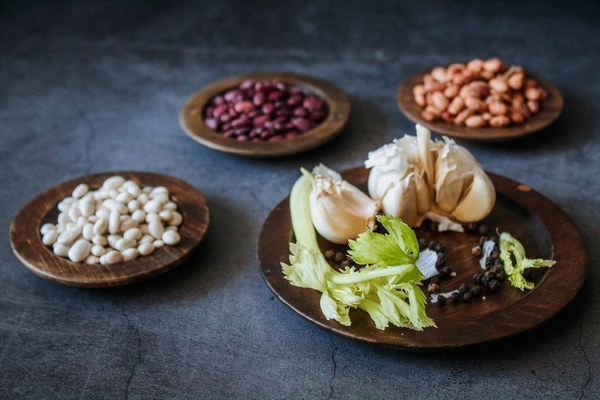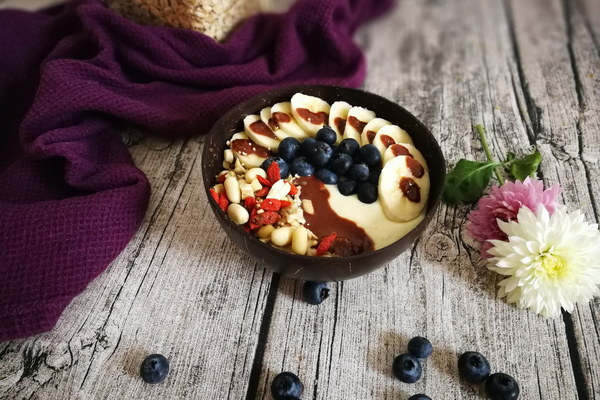Can You Drink LungNourishing and LungCleansing Tea for Chronic Pharyngitis
Chronic pharyngitis, or chronic inflammation of the pharynx, is a common condition that can cause discomfort, soreness, and difficulty swallowing. It's often triggered by allergies, smoking, or prolonged exposure to irritants. To alleviate the symptoms and improve overall respiratory health, many individuals turn to natural remedies, such as herbal teas. But can you drink lung-nourishing and lung-cleansing tea for chronic pharyngitis? Let's explore the benefits, risks, and considerations of this natural approach.
Understanding Chronic Pharyngitis
Chronic pharyngitis is characterized by persistent inflammation of the pharynx, which is the muscular tube that connects the nose and mouth to the esophagus and larynx. The condition can result from various factors, including:
- Allergies
- Environmental irritants (e.g., dust, smoke, chemical fumes)
- Infections
- Acid reflux
- Smoking
Symptoms of chronic pharyngitis may include:
- Sore throat
- Itchy or dry throat
- Swelling and redness of the throat
- Difficulty swallowing
- Persistent cough
The Benefits of Lung-Nourishing and Lung-Cleansing Tea
Herbal teas have been used for centuries to treat various ailments, and lung-nourishing and lung-cleansing teas are no exception. These teas are typically made from natural ingredients that have been shown to have beneficial properties for respiratory health. Here are some of the potential benefits:
1. Anti-inflammatory properties: Many herbs used in these teas have anti-inflammatory properties that can help reduce the inflammation in the pharynx, thereby alleviating symptoms.
2. Mucolytic effects: Some herbs can help break down mucus, making it easier to expel from the respiratory tract.
3. Antioxidant properties: Antioxidants found in these teas can help combat free radicals and reduce oxidative stress, which may contribute to inflammation and disease.
4. Immune support: Certain herbs in these teas may boost the immune system, helping the body fight off infections that can exacerbate chronic pharyngitis.
Popular Ingredients in Lung-Nourishing and Lung-Cleansing Teas
Here are some common ingredients found in lung-nourishing and lung-cleansing teas:
- Horehound (Marrubium vulgare): Known for its expectorant properties, horehound can help thin mucus and make it easier to cough up.
- Thyme (Thymus vulgaris): This herb contains thymol, a compound that has been shown to have antiseptic and expectorant properties.
- Peppermint (Mentha × piperita): Peppermint can help soothe the throat and reduce inflammation, while also acting as a decongestant.

- Licorice root (Glycyrrhiza uralensis): Licorice root has anti-inflammatory properties and can help reduce coughing and sore throat.
- Elderberry (Sambucus nigra): Elderberry has been shown to boost the immune system and reduce inflammation.
Considerations and Risks
While lung-nourishing and lung-cleansing teas may offer some relief for chronic pharyngitis, it's essential to consider the following:
- Consult with a healthcare provider: Before starting any new treatment, especially if you have underlying health conditions or are taking medication, it's crucial to consult with a healthcare provider.
- Quality and safety: Ensure that the herbal tea you choose is from a reputable source and free from contaminants.
- Allergies and contraindications: Some individuals may have allergies to certain herbs, and some herbs may interact with medications. Always check for potential allergens and contraindications.
- Duration and frequency: While herbal teas can be beneficial, they should not replace medical treatment for chronic pharyngitis. Use them as a complementary therapy under the guidance of a healthcare provider.
In conclusion, lung-nourishing and lung-cleansing tea may offer some relief for chronic pharyngitis by reducing inflammation, thinning mucus, and supporting the immune system. However, it's crucial to consult with a healthcare provider before starting any new treatment and to use these teas as a complementary therapy, not a substitute for medical care.









